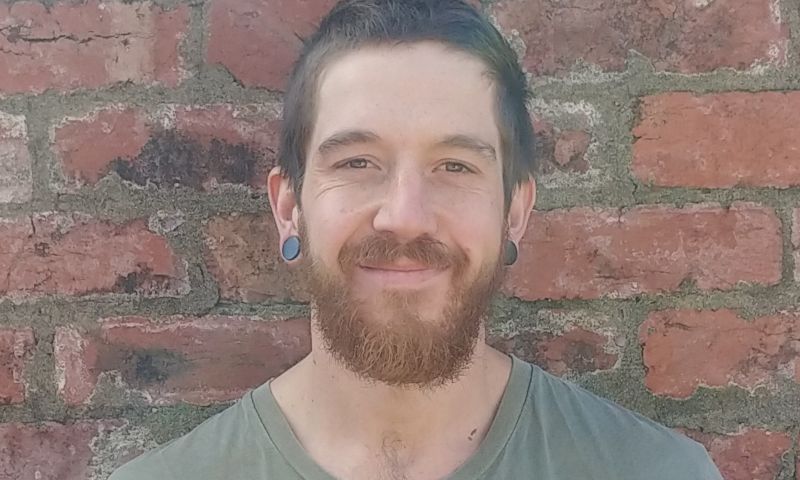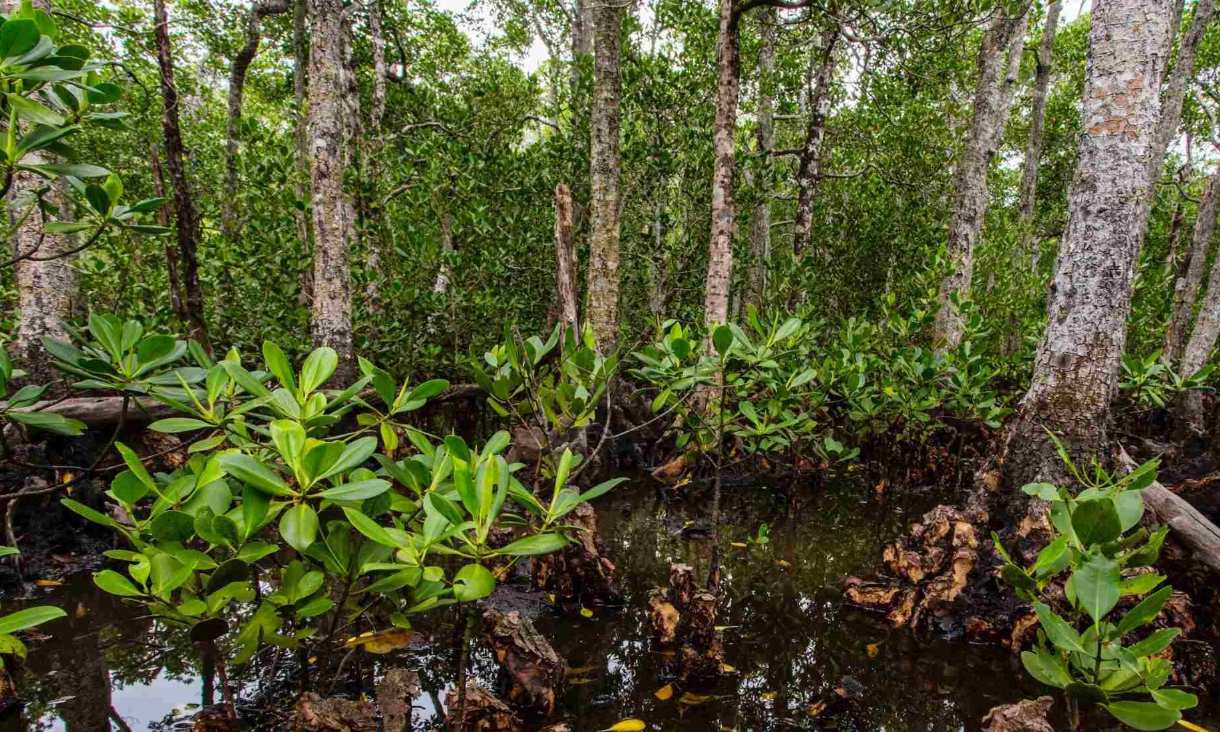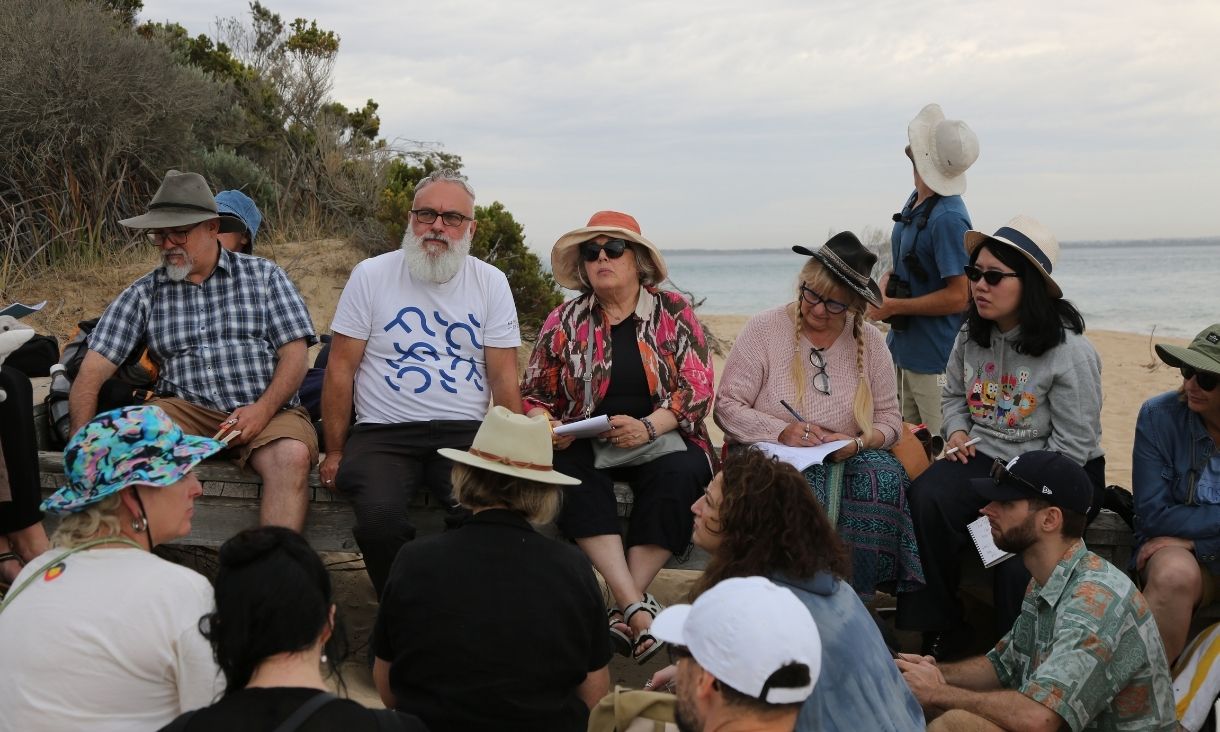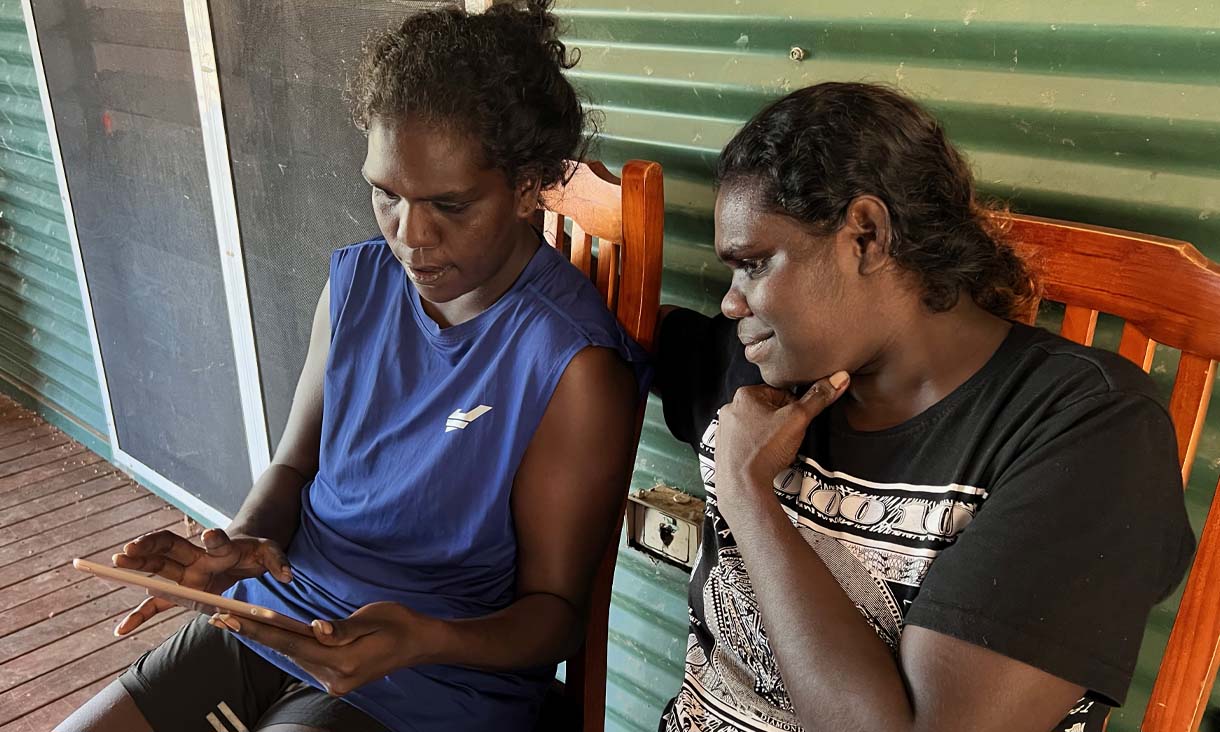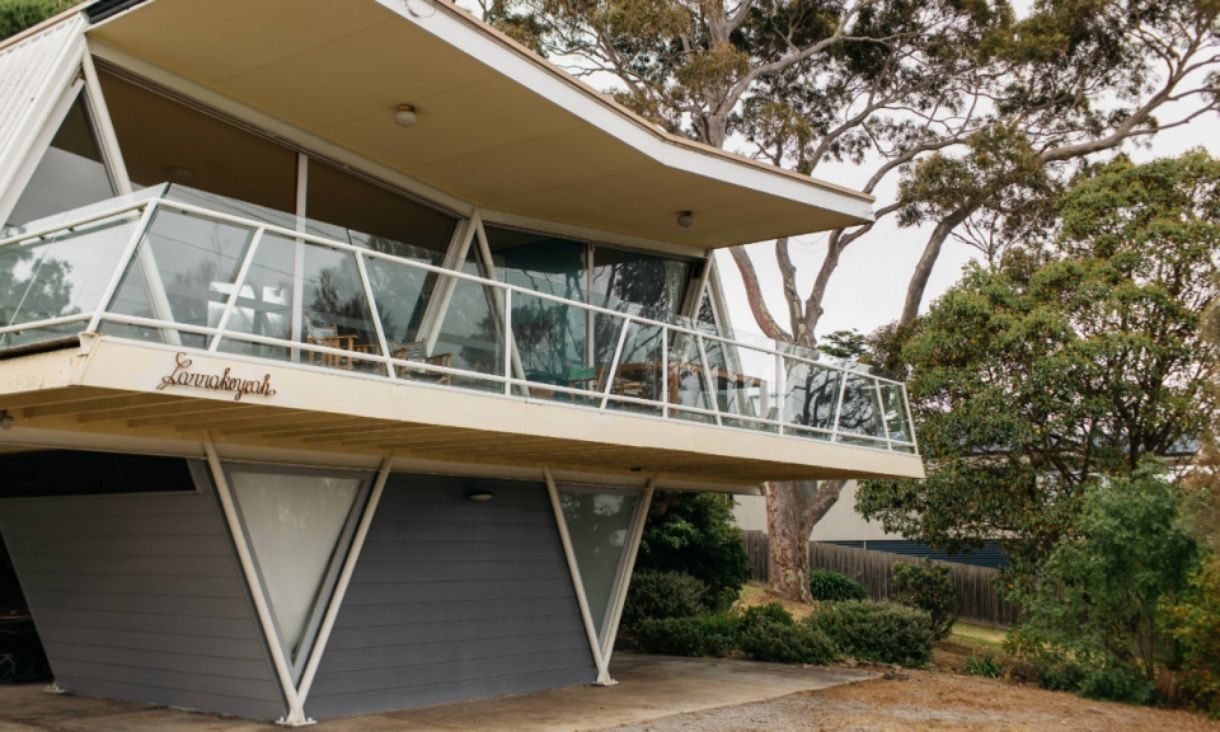Australia’s carbon markets risk penalising Indigenous stewardship
Carbon markets rewarding the recovery of degraded environments risk penalising long-term Indigenous stewardship, according to a coalition of experts writing in Nature Climate Change.
RMIT's Australian Posthuman Summer Lab weaves Indigenous knowledges and planetary thinking to tackle polycrisis
The interdisciplinary laboratory explored the intersections between posthuman methods and First Peoples’ knowledges to develop creative, place-based responses to climate and planetary crises.
Free Wi‑Fi for 53 remote communities – RMIT experts react
The federal government last week announced plans to install free public Wi‑Fi in a further 53 remote communities, in a move aimed at narrowing the digital divide for First Nations Australians.
McCraith House Creative Residency Program wraps up a vibrant year of artistic experimentation and collaboration
RMIT’s College of Design and Social Context celebrates a year of creative residencies across literature, design, music, and performance.
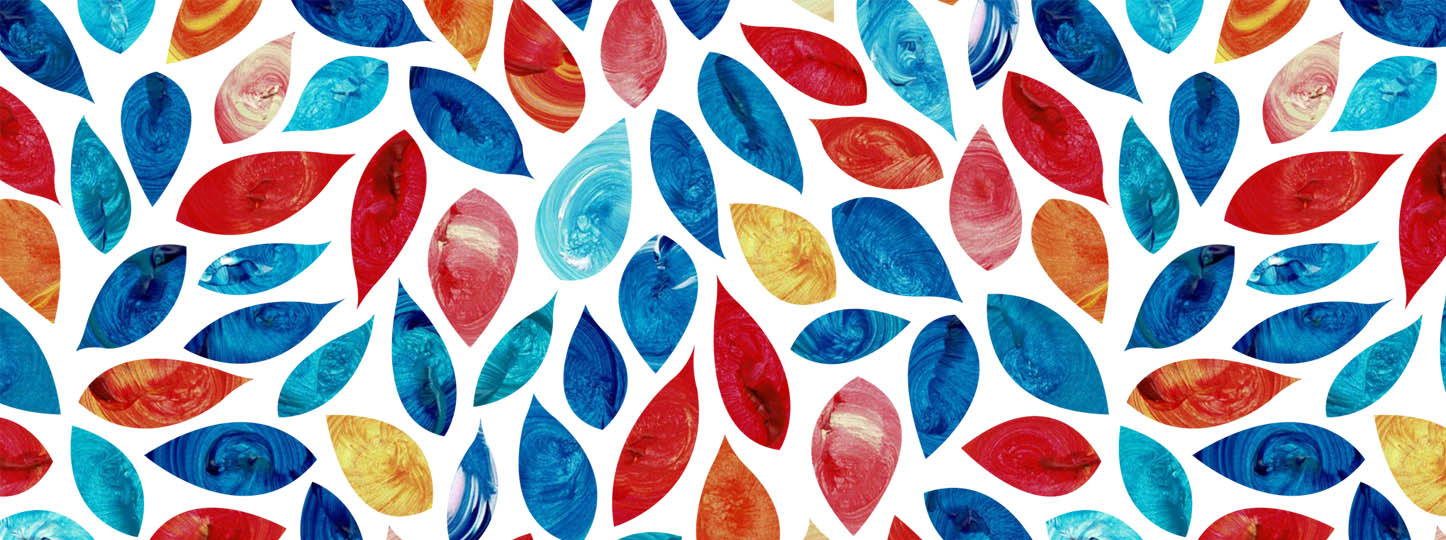
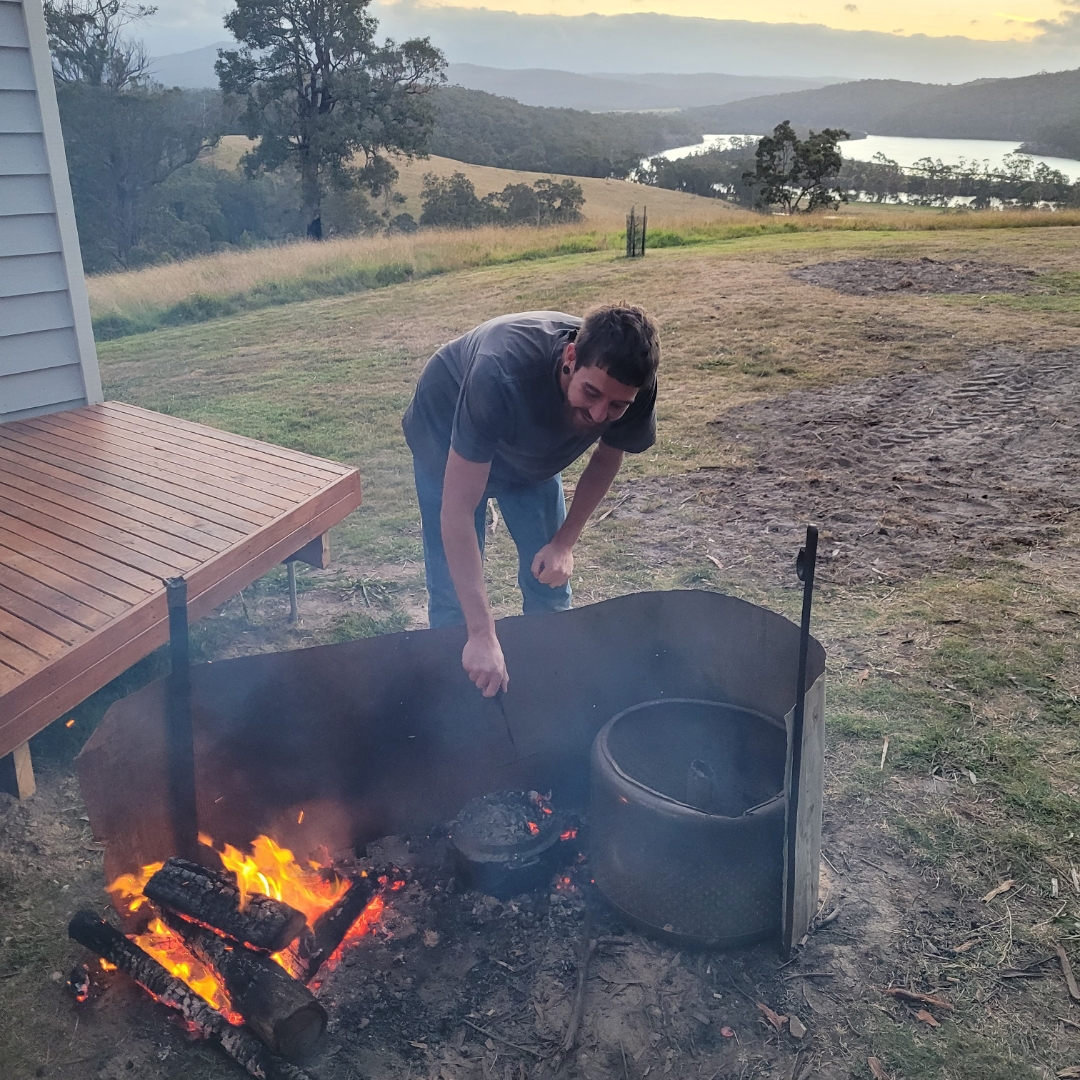
-%20growing-%20on-Yuin-country-cropped.jpg)
